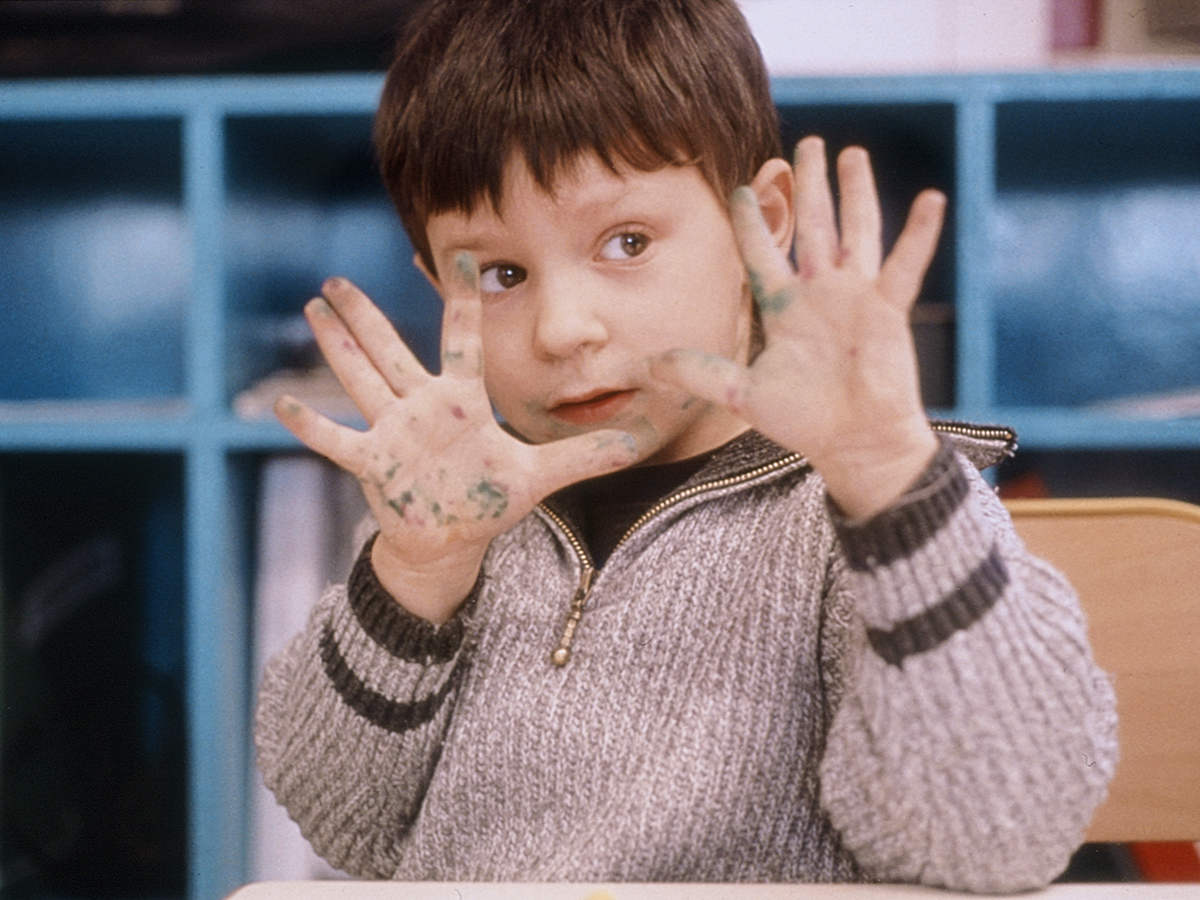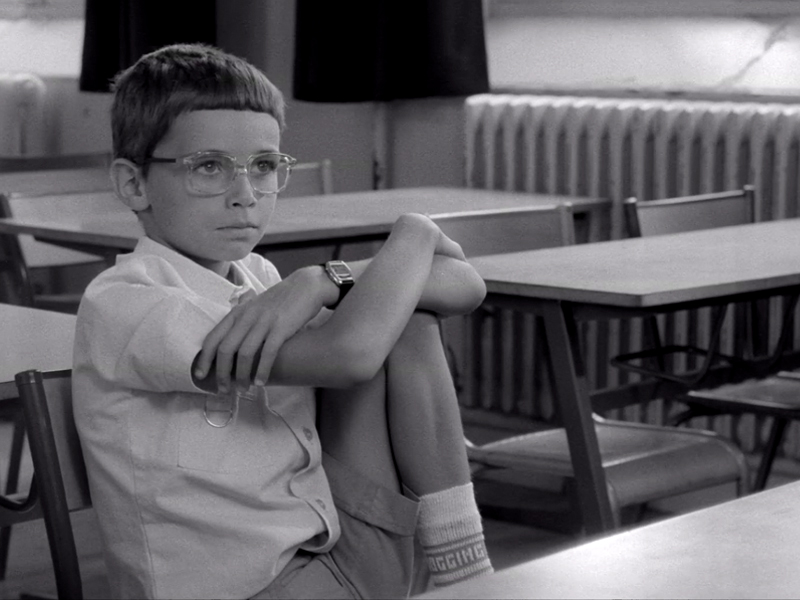Now that we have to maintain physical distance, our experience of cinema has become a solitary delight. But in this time of confinement, we can find our cinephile community in the non-endemic space of the online environment. Sabzian selects three films a week, available on online platforms. You can find more information about our online selection here.
This week, our selection takes a closer look at the schools. What happens when a child steps through the door of a classroom? They leave many things behind them and are separated from the rules of home, work or society. All over the world, schools have been closed for a long time now, but they are re-opening slowly. The selection of this week presents visions on this space which, in essence, is inaccessible through a virtual window.
Throughout film history, there’s been an intimate alliance between the classroom space and cinema, and, in particular, documentary practice. As French documentary maker Nicolas Philibert writes: “The roles of the teacher and the documentary filmmaker both involve the transmission of knowledge and require patience and the ability to keep an appropriate distance from your subject. Documentary filmmaking demands an aesthetic and moral distance.”
In the first shots of Philibert’s Être et avoir (2002), the first film of this week’s selection, a documentary about a school in the countryside of France, we see cows being herded through the snow. There is violent energy to be felt in the cries of the men and the gushes of wind in the dark air. Then, in the empty classroom, the snow is locked outside. A few turtles move slowly between the chairs and school desks. Something exotic happens here: something outside of everyday life. The interior of the school is at the same time a place that is outside of the worries, expectations and demands of life at home. A turtle looks up, and there lies a globe on the ground like a big balloon. The whole world in one object, as part of the silent space of education.
The headmaster of the school in En rachâchant (1982) shows the child Ernesto a similar globe, asking him angrily: “What is this? A football, a potato?” Ernesto answers: “It’s a football, a potato and the earth.” This short film by Jean-Marie Straub and Danièle Huillet is based on a story by Marguerite Duras, ‘Ah Ernesto!’, in which the young Ernesto refuses to learn what he doesn’t know. “And how will he learn about all the things he doesn’t know? ‘En rachâchant!’”
Inclusief, the latest film by Belgian filmmaker Ellen Vermeulen, follows four children with learning disabilities during their trajectory in regular education. Since the ‘M-Decree’, all Flemish schools are obliged to accept children with specific educational needs. In the film, teachers as well as pupils struggle with their challenges. Going through their failures, en rachâchant, they find moments in which the school is this free space in which a child is a pupil, before everything else. The film is aware of the distances between the children, but also the distance between the camera and the subject is measured. For Vermeulen, every moment is crucial, “every cut is an ethical choice.”
Vermeulen: “I always have the feeling that one stands in between the other and the one who does not understand the other as a filmmaker. Because of a film, a peephole can be created so that you can look at things in a different way, so that you can take a small step in the direction of the other.”
Être et avoir (Nicolas Philibert, 2002) | Watch here
En rachâchant (Danièle Huillet & Jean-Marie Straub, 1982) | Watch here
Inclusief (Ellen Vermeulen, 2018) | Watch here




